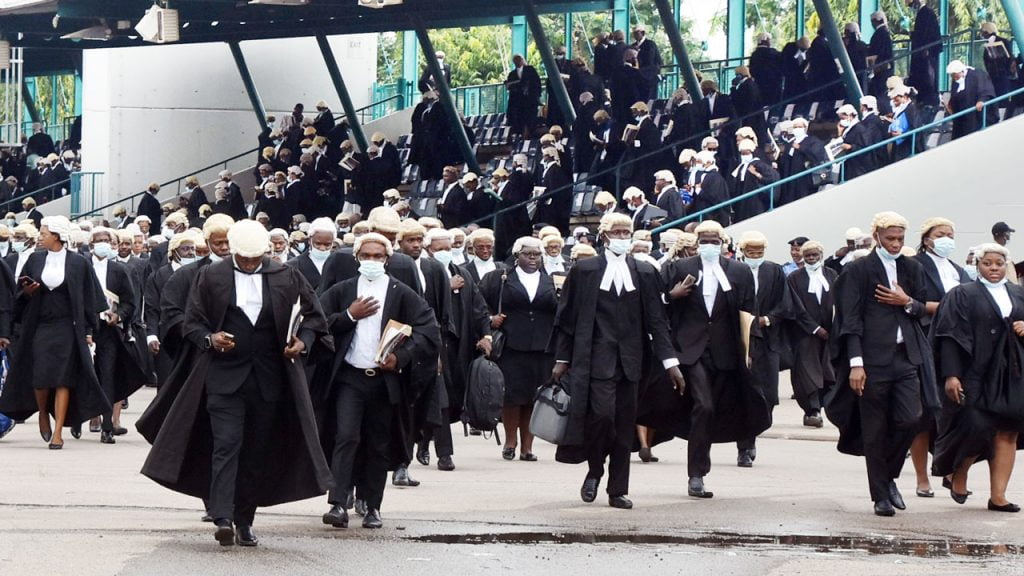
The House of Representatives’ proposal to introduce a five-year tenure for the Chief Justice of Nigeria (CJN), Presidents of the Court of Appeal, and other heads of courts across the country has sparked widespread criticism among legal professionals.
Recently, the House introduced a bill seeking to amend the Constitution to establish a non-renewable five-year term for judicial heads, including the CJN, Presidents of the Court of Appeal and National Industrial Court, Chief Judges of the 36 states and the Federal Capital Territory (FCT), and heads of Sharia and Customary Courts. Currently, these positions are held until the mandatory retirement age or removal from office.
The bill, sponsored by Manu Soro of the Darazo/Ganjuwa federal constituency in Bauchi State, aims to alter Section 29 of the 1999 Constitution (as amended). It proposes that judicial heads serve a single five-year term, after which they either return to their previous roles or retire upon reaching the mandatory retirement age.
According to its explanatory memorandum, the bill is designed to enhance service efficiency, motivate officers, and prevent the overstay of judicial heads. However, many legal experts disagree, arguing that the proposal could disrupt the judicial system and disadvantage certain states.
The National Publicity Secretary of the Nigerian Bar Association (NBA), Mrs. Bridget Edokwe, dismissed the need for the amendment, stating, “The current system, where judicial heads retire at a mandatory age, ensures stability and effectiveness. There’s no need to change a system that isn’t flawed.”
Similarly, Lagos-based lawyer Marcellus Onah warned against the proposal, suggesting it could politicize appointments and undermine professional merit. “The fixed retirement age already ensures fairness. Introducing a five-year term risks turning appointments into political arrangements, compromising professional competence,” he said.
He highlighted disparities among states, pointing out that while some appoint young judges who rise to higher courts, others appoint older judges, which could lead to inequalities under the proposed system.
Human rights lawyer and public affairs commentator Malachy Ugwummadu questioned the motives behind the proposal, emphasizing that the current system effectively balances tenure with service efficiency.
“Judicial officers already have a fixed retirement age of 70 or 35 years of service. Adding a five-year term introduces risks, especially if a judicial head becomes incapacitated during their term. Without proper safeguards, the system could be left vulnerable,” Ugwummadu cautioned.
He argued that retaining the existing system is preferable, as it ensures productivity and stability without the risks associated with fixed terms.
The proposal for a five-year term for judicial heads has sparked significant debate, with many lawyers opposing it as unnecessary and potentially disruptive. While the House of Representatives argues it would enhance efficiency, critics believe the existing system provides the necessary checks and balances to maintain the judiciary’s integrity.



![[PHOTOS] Arewa Offa, Mustapha Amidat Concludes Skill Acquisition, Exhibition Programme](https://newsbulletin.com.ng/wp-content/uploads/2025/09/IMG-20250920-WA0011-300x300.jpg)



